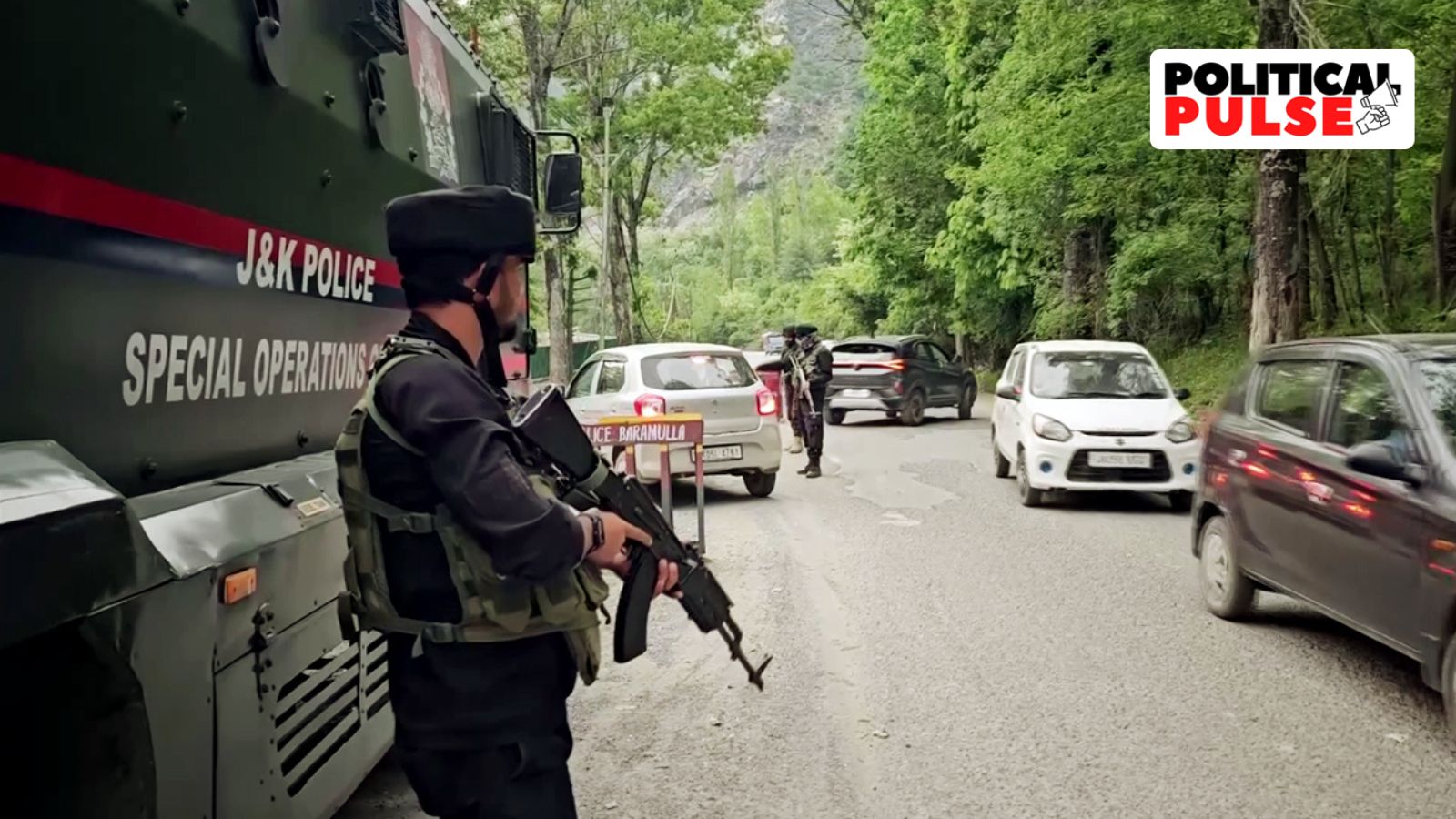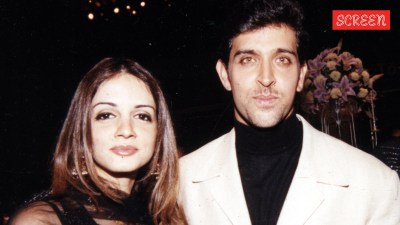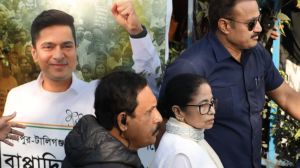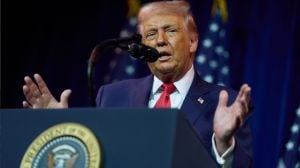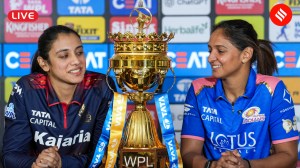Facing heat from the ruling BJP over certain comments and posts made by some of its leaders or official handles over April 22 terror strike on tourists in South Kashmir’s Pahalgam, the All India Congress Committee (AICC) has asked all its leaders, spokespersons, media panelists and social media handlers to toe the party line in their comments or posts on the Pahalgam attack or face strict disciplinary action.
The Congress leadership’s unprecedented directive was issued Tuesday, a day when the party drew fire from the BJP over its X poster, later deleted, that depicted Prime Minister Narendra Modi as “Gayab” or “missing at a time of taking responsibility” in the aftermath of the Pahalgam attack that killed 26 people.

The AICC reiterated that in its April 24 meeting the Congress Working Committee (CWC) had spelt out the party’s stand on the Pahalgam attack, calling it “masterminded by Pakistan” and “a direct assault on the values of our Republic”. The CWC also sought “a comprehensive analysis” into the “intelligence failures and security lapses that enabled such an attack”.
Both Congress president Mallikarjun Kharge and Rahul Gandhi expressed support for the Modi government on whatever action it takes on the Pahalgam issue.
On Wednesday, the Congress again maintained that it was a “time for unity and solidarity”. It however also hit out at the BJP by citing the latter’s response following the Mumbai terror attack in November 2008.
AICC general secretary in charge of communication Jairam Ramesh said this is the time, post-Pahalgam, for “demonstrating a collective resolve to teach Pakistan a lesson it will never forget”.
“But what did the BJP do on Nov 28th, 2008 – just two days after the deadly terror attacks began in Mumbai? In a brazenly unprecedented move, the-then Gujarat CM (Narendra Modi) went to Mumbai and, in an act of grandstanding, addressed the media. The BJP also issued an awful ad that very day in the newspapers,” Ramesh said, adding that “This is history. Let us now be cohesive at this most sensitive time. The country is waiting”.
Story continues below this ad
Since the Pahalgam attack, the Congress leadership has tried to do a tightrope walk between aligning itself with the overwhelming public consensus against the outrage and deftly raising the question of accountability for the deadliest terror strike on civilians after 26/11. What has queered the Congress’s pitch in this delicate exercise though is several party motormouths whom it has now sought to discipline.
This is, however, not the first time that a section of its leaders has landed the grand old party in a spot as it has often been pushed to the back foot by their stray remarks on various sensitive issues, especially those relating to nationalism and Hindutva.
In January 2023, senior Congress leader Digvijaya Singh questioned the surgical strikes conducted against Pakistan along the LoC after the Uri terror attack in 2016, saying “no proof” was provided. He accused the Modi government of “spreading lies” about these strikes. He also raised questions about the 2019 terror attack in Pulwama, attacking the government for not presenting a report in Parliament on “why the 40 CRPF personnel had got martyred’’.
Singh was addressing a rally during the Rahul Gandhi-led Bharat Jodo Yatra’s Jammu and Kashmir leg.
Story continues below this ad
His comments led to a swift blowback from the BJP, which said the Congress was “blinded by hate” for PM Modi and had insulted the country’s armed forces. The Congress distanced itself from Digvijaya’s comments, with Jairam saying they “do not reflect the party’s position”.
In December 2010, Digvijaya had triggered another controversy when he claimed that he had spoken to slain Maharashtra ATS chief Hemant Karkare on November 26, 2008, hours before the city faced the terror attack. Karkare was killed in the attack.
Singh’s comments, which were made while releasing a book “26/11 RSS Ki Saazish?” authored by Aziz Burney, set off a storm. Digvijaya claimed that Karkare had told him he had been receiving threat calls from Hindu extremists. Karkare at the time was heading the investigation into the 2008 Malegaon blasts, for which three members of a Hindutva group had been arrested.
After facing backlash from his opponents as well as from within the Congress, Digvijaya clarified that he never blamed “Hindu terrorists” for the killing of Karkare.
Story continues below this ad
In May 2024, amid the Lok Sabha polls, Telangana Chief Minister Revnath Reddy raised fresh questions over the Pulwama attack, alleging that for PM Modi, “everything is political”. “Everything is about winning elections. His way of thinking is not good for the country. The time has come for the country to be rid of Modi and the BJP. Ask them anything and they will respond with ‘Jai Shri Ram’. They failed to prevent the Pulwama attack. What was the IB doing? What was our intelligence network doing?” asked Reddy.
The BJP had hit back, alleging that the Congress was getting “support” from Pakistan.
In the middle of the 2019 Lok Sabha polls too, after India’s Balakot airstrike, Overseas Congress chairman Sam Pitroda had sought “more facts” and proof of the death toll in the operation conducted by the Indian Air Force in Pakistan in retaliation to the Pulwama attack. The Congress said his remarks had “nothing to do with the party’s opinion”, even as the BJP whipped up a nationalism row over it, slamming the Congress for raising doubts on an operation conducted by the armed forces.
In March 2019, Rahul Gandhi’s reference to terrorist organisation Jaish-e-Mohammad’s head as “Masood Azhar ji” had resulted in a backlash from the BJP, which said “Rahul loves terrorists”. The Congress accused its rival of “deliberately twisting Rahul’s comments made with sarcasm”.
Story continues below this ad
In July 2016, senior Congress leader and ex-Union home minister P Chidambaram, while commenting on the Kashmir situation in an interview, advocated restoring the “grand bargain” under which Kashmir had acceded to India by granting a large degree of autonomy, warning that otherwise the country will have to pay a “heavy price”. He also suggested relaxing the AFSPA.
His statements came during a severe turmoil in the Valley in the wake of the killing of Hizbul Mujahideen commander Burhan Wani.
The BJP hit out at Chidambaram, saying his proposal “compromises the national security” and that the Modi government will secure the unity and integrity of the country without any compromise.
In February 2015, Congress MP Shashi Tharoor triggered a furore when he said that the execution of Parliament attack convict Afzal Guru was both “wrong” and “badly handled”. In response to a question on Twitter (currently X), Tharoor stated: “I think the (Afzal Guru) hanging was both wrong and badly handled. Family should have been warned, given a last meeting and body returned,” Tharoor said. Afzal Guru was hanged on February 9, 2013.
Story continues below this ad
The Congress quickly distanced itself from his observation, saying “all the due processes of law were followed” by the then Manmohan Singh-led UPA II government.

